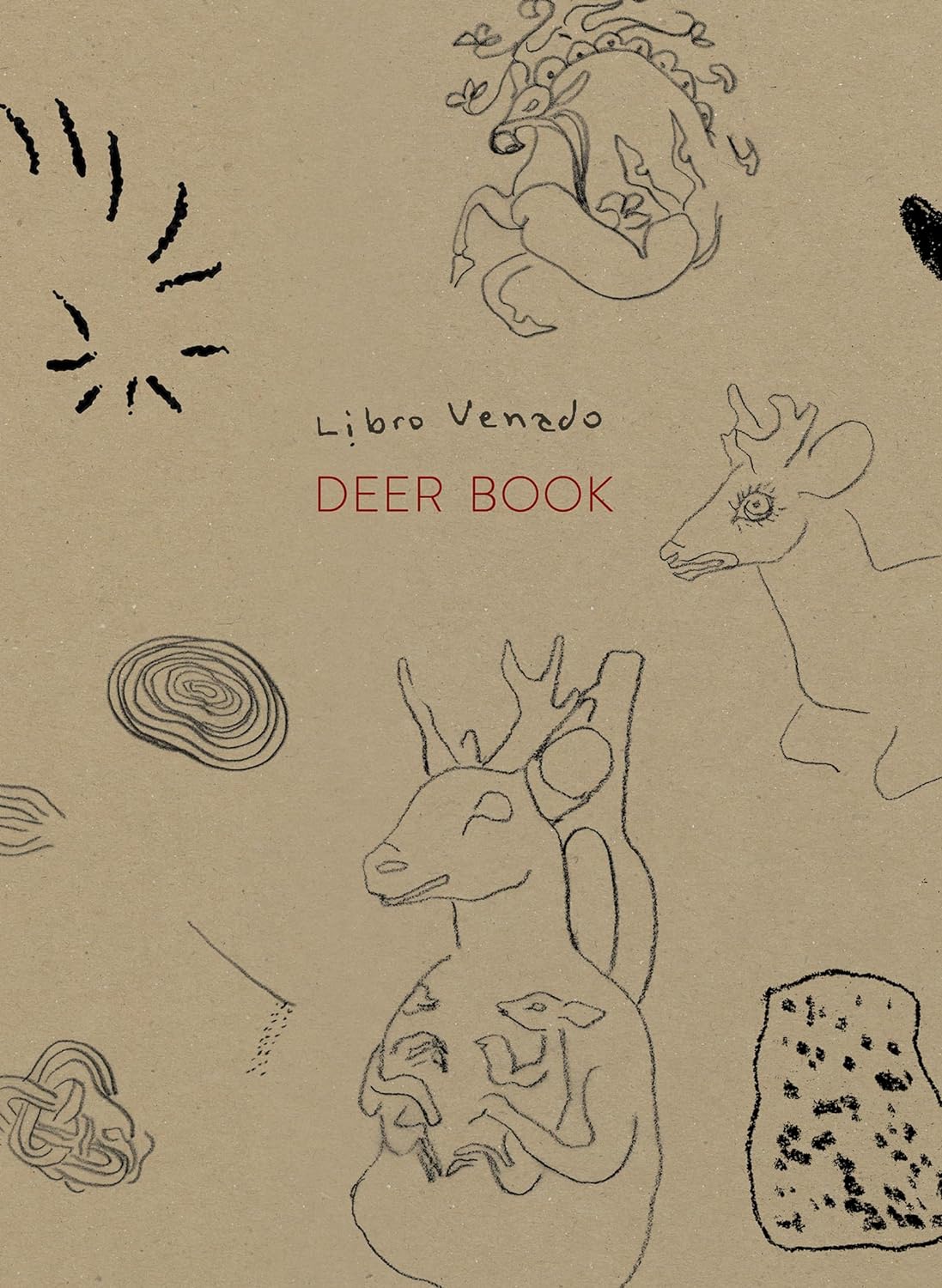feelsthefemale fe faithand unleashes cun dándalo spreadsa strand dating painof love itthread Territories of pollen are sensitive to sound Playing their trumpets, the Desana precipitate pollination The particles of masculine pollen then fall on the feminine part of the palm Polen Pulvis Powder “Death of the pollinators” Bee bat moth bird butterfly all dying out Penetrate Little Pollen Dust who will come? who will feed us? Polvito Polen PolvarThe miriti palmhears the blareand gets excited (the palma and the trumpet are bisexual and are always played in pairs) In Flanders women displayed their privates to flax At the sight of vulvas the plants grew with great velocity Down with dresses! up with plants! Pollinated plants!el polen toca el estigmasientea lahembray sueltauna fe hebraun cundánhilito dolodeamor “Los territorios del polen son muy sensibles al sonido” “Al tocar las trompetas los Desana precipitan la polinación” “Así los granos de polen masculino caen sobre la parte femenina de la palma” La palma miritíoye el sonary se excitapor el solodeseoe’gozar (la palma y la trompeta son bisexuales y siempre se tocan en pares) Las mujeres europeas le mostraban sus partes al lino. Viendo la vulva las plantas crecían a todo velocidad. vestido abajo! planta arriba! e l p o l e n s u b i e n d o p o r l a s h e r i d a sPolenPulvisPolvar I am reading the news: “Death of the pollinators” Bee bat moth bird butterfly every possible critter dying out. Polvito Polen Polvar who will come? who will keep alive our food supply? Polvito Polen Polvarthe poemis pollen falling en tí y en la flor death on land death on sea pollen come! polvito polen polvar only death is alive polvito polen polvar
the pollen touches the stigma
Feature Date
- September 7, 2024
Series
- Translation
Selected By
Share This Poem
Print This Poem
“the pollen touches the stigma” from DEER BOOK: by Cecilia Vicuña.
Published by Radius Books on March 26, 2024.
Copyright © 2024 by Cecilia Vicuña.
English Copyright © 2024 by Daniel Borzutzky.
All rights reserved.
Reproduced by Poetry Daily with permission.

Cecilia Vicuña’s (b. 1948 in Santiago, Chile; lives and works in New York, NY and Santiago, Chile) precarious works integrate poetry, performance, art and sound in response to pressing concerns of the modern world, including ecological destruction, human rights, and cultural homogenization. Born and raised in Santiago, she was exiled during the early 1970s after the violent military coup against President Salvador Allende. This sense of impermanence, and a desire to preserve and pay tribute to the indigenous history and culture of Chile, have characterized her work throughout her career. Vicuña has had a number of high-profile one-woman exhibitions all over the world, including recent shows at the Tate Modern, London and the Guggenheim Museum in New York. She is the author of twenty-seven volumes of art and poetry published in the United States, Europe, and Latin America. Her filmography includes documentaries, animation, and visual poems. Vicuña has received several awards, including the Golden Lion for Lifetime Achievement, Venice Biennale, Venice, Italy (2022); Premio Velázquez de Artes Plásticas, Madrid, Spain (2019); Herb Alpert Award in the Arts, Santa Monica, CA (2019); Anonymous Was a Woman Award, New York, NY (1999); and The Andy Warhol Foundation Award, New York, NY (1997).

Daniel Borzutzky is a poet and translator living in Chicago. His books of poetry include The Murmuring Grief of the Americas (Coffee House Press, 2024); Written After a Massacre in the Year 2018 (Coffee House Press, 2021); Lake Michigan (University of Pittsburgh, 2018), which was a finalist for a Griffin Poetry Prize; The Performance of Becoming Human (Brooklyn Arts Press, 2016), which won a National Book Award for Poetry; In the Murmurs of the Rotten Carcass Economy (Nightboat, 2015); and The Book of Interfering Bodies (Nightboat, 2011).
His translations from Spanish include Deer Book by Cecilia Vicuña (Radius Books, 2024); The Loose Pearl by Paula Ilabaca Nuñez (co-im-press, 2022), which won a PEN Award for Poetry in Translation; Valdivia by Galo Ghigliotto (co-im-press, 2017), which was a winner of the American Literary Translation Association’s National Translation Award; The Country of Planks by Raúl Zurita (Action Books, 2015); Song for His Disappeared Love by Raúl Zurita (Action Books, 2010); and Port Trakl by Jaime Luis Huenún (Action Books, 2008).
He teaches in the English and Latin American and Latino Studies departments at the University of Illinois Chicago.
Inspired initially by Jerome Rothenberg’s translation Flower World Variations, which Cecilia Vicuña (born 1948) first encountered in 1985, Deer Book brings together nearly 40 years of the artist’s poetry, "poethical" translations and drawings related to cosmologies and mythologies surrounding the deer, and sacrificial dance in cultures around the world. Woven like one of her quipu installations, Vicuña’s texts―which include original compositions in Spanish as well as English translations by Daniel Borzutzky―become meditations on translation, not just of the sacred nature of this animal but on how our understandings of ceremony and ritual are transformed by this ongoing process. Taken as inspiration rather than conundrum, the impossibility of translation opens up poetic possibilities for Vicuña as she continues her lifelong exploration into the nature of communication across eras and distant lands, languages and shared symbols within Indigenous spiritualities.
Poetry Daily Depends on You
With your support, we make reading the best contemporary poetry a treasured daily experience. Consider a contribution today.




